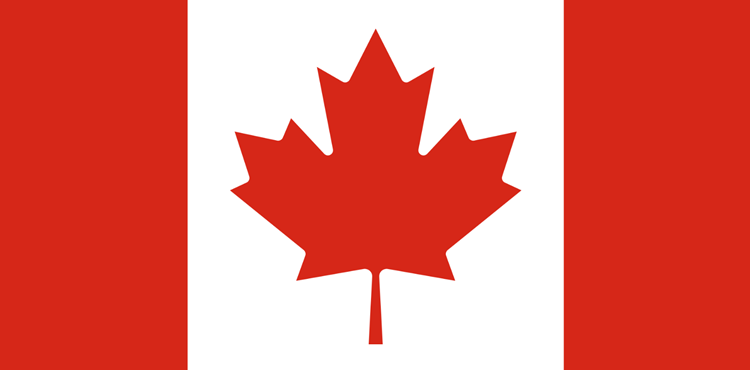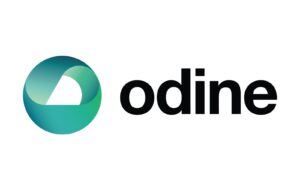As Canadians continue to face economic uncertainty in 2024, one of the most significant concerns has been the rising interest rates implemented by the Bank of Canada. The central bank’s goal in raising rates has been to control inflation, but this strategy is having profound impacts on the housing market and Canadian mortgage holders. Homeowners with variable-rate mortgages have been particularly affected, while potential buyers are finding it increasingly difficult to afford homes in major cities like Toronto, Vancouver, and Montreal.
Understanding Fixed vs. Variable Mortgage Rates
One of the biggest decisions Canadian homebuyers face is choosing between fixed and variable mortgage rates. Fixed-rate mortgages offer stability, with an interest rate locked in for the term of the mortgage, typically five years. This has been appealing in the past, especially when rates were historically low. However, those who opted for variable rates, which fluctuate with the central bank‘s policy rate, are now facing significantly higher payments.
For example, a homeowner who secured a variable-rate mortgage at 1.75% just a few years ago could now be paying well over 5%. With each Bank of Canada rate hike, their monthly payments increase, adding pressure to their household budgets. This is pushing more homeowners to seek refinancing options, though with rates still high, it may not provide the relief they’re hoping for.
Impact on First-Time Homebuyers
First-time homebuyers are feeling the pressure the most. With the average home price in Canada surpassing $700,000, even a slight increase in interest rates can dramatically affect affordability. For many, saving for a down payment is already a significant hurdle, and now they must also contend with higher monthly mortgage payments. This has caused some potential buyers to delay their plans, opting to rent longer or look for homes in more affordable, suburban, or rural areas.
Strategies for Managing Mortgage Costs
Despite the challenges, there are strategies that Canadian homeowners can employ to mitigate the effects of rising interest rates. These include:
- Refinancing Options: While refinancing to lock in a lower rate may be difficult with current market conditions, some homeowners can extend their amortization period to reduce monthly payments.
- Accelerated Payments: Paying down the mortgage faster can reduce overall interest costs, even in a high-rate environment.
- Government Programs: First-time homebuyers can explore government assistance programs like the First-Time Home Buyer Incentive (FTHBI) or the Home Buyers’ Plan (HBP) for relief.
In conclusion, while rising interest rates are creating challenges for both current homeowners and prospective buyers, understanding the market dynamics and exploring available options can help alleviate some of the financial strain. Canadians will need to remain adaptable as the interest rate environment continues to evolve through 2024.
Keywords: Canadian mortgage rates, rising interest rates Canada 2024, mortgage affordability Canada, fixed vs variable rates, refinancing options Canada
 Anasayfa
Anasayfa Canlı Borsa
Canlı Borsa Borsa
Borsa Döviz Kurları
Döviz Kurları Altın
Altın Hisse Senetleri
Hisse Senetleri Endeksler
Endeksler Döviz Hesaplama
Döviz Hesaplama Döviz Çevirici
Döviz Çevirici Kredi Arama
Kredi Arama

































































































